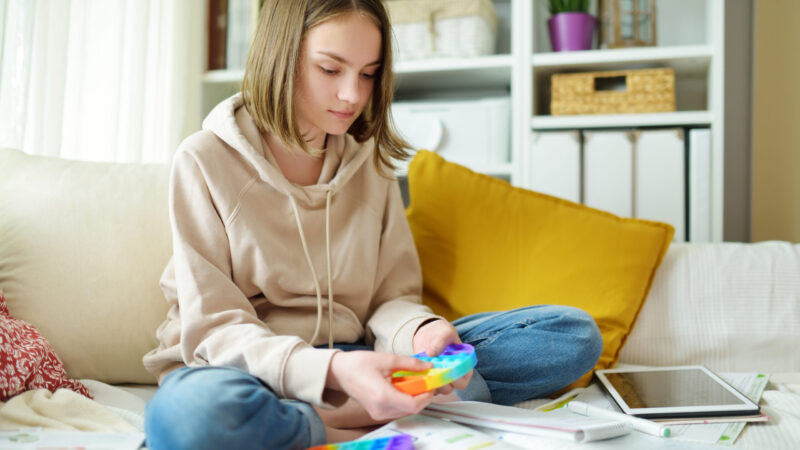
As parents and carers, there are ways you can support your children to give them the best chance to stay mentally healthy.
Encouraging and guiding a child to think about their own mental health and wellbeing are vital skills you can teach them from a young age.
Signs a child might be struggling
A large number of children and young people will experience behavioural or emotional problems at some stage. For some, these will resolve with time, while others will need professional support.
It might be difficult to know if there is something upsetting your child, but there are ways to spot when something’s wrong. Look out for:
- significant changes in behaviour
- ongoing difficulty sleeping
- withdrawing from social situations
- not wanting to do things they usually like
- self-harm or neglecting themselves
If you’re worried or unsure, there is lots of support out there. Visit our young people and mental health webpage for more information.
Ways to support a child or young person
Be there to listen. Regularly ask your child how they’re doing, to help them get used to talking about their feelings and know there’s always someone there to listen. You can get tips on Young Minds: How to talk to your child about mental health.
Support them through difficulties: Pay attention to how your child is feeling or behaving and try to help them work through difficulties. It may not be easy facing challenging behaviour but try to help them understand what they’re feeling and why. Learn more from the Maudsley Charity on difficult behaviour.
Stay involved in their life. Show interest in their life and what’s important to them. It not only helps them value who they are but also makes it easier for you to spot problems and support them.
Encourage their interests: Support and encourage your child to explore their interests. Being active or creative, learning new things and being a part of a team helps connect us and boost our mental wellbeing. Take what they say seriously Listening to and valuing what they say makes them feel valued. Consider how to help them work through their emotions in constructive ways. Anna Freud Centre’s guide on ways to support children and young people has more on this.
Build positive routines: Try to have structure around regular routines, especially around healthy eating and exercise. A good night’s sleep is also important, so have a fixed time for going to bed and getting up. The Sleep Charity has relaxation sleep tips for children.
Visit Every Mind Matters for more information on looking after a child or young person’s mental health